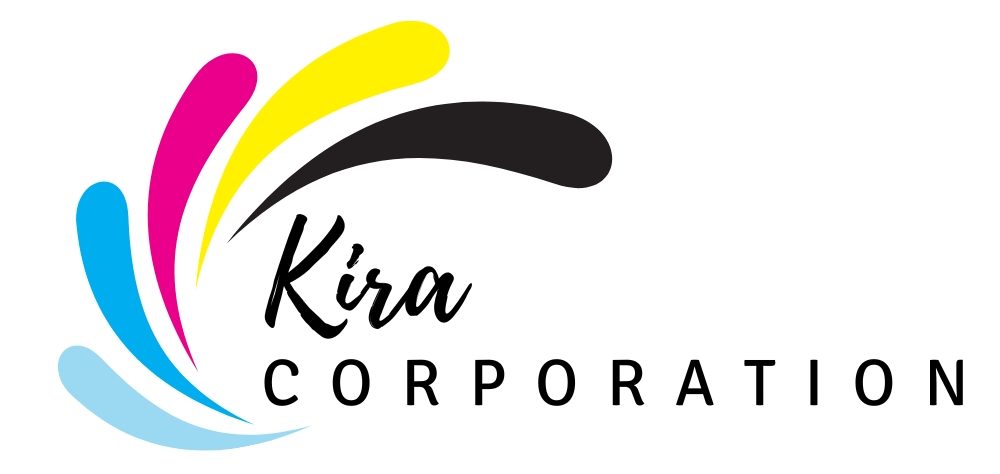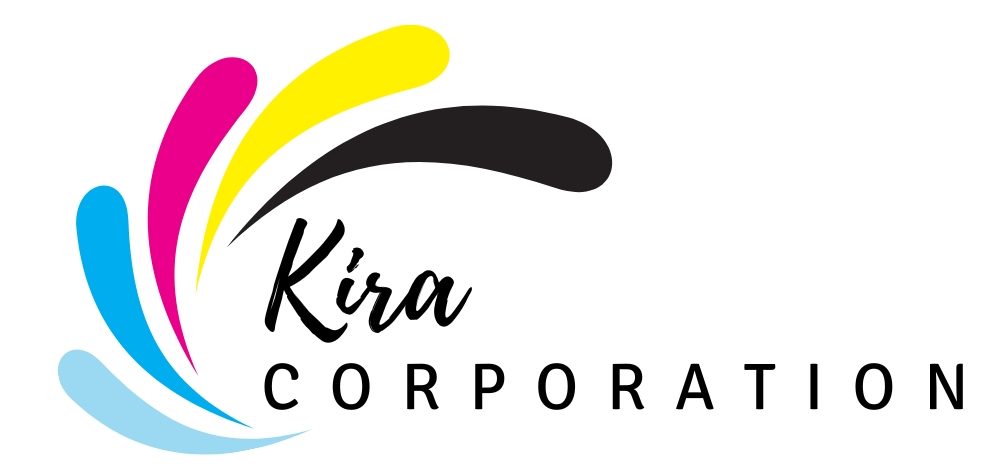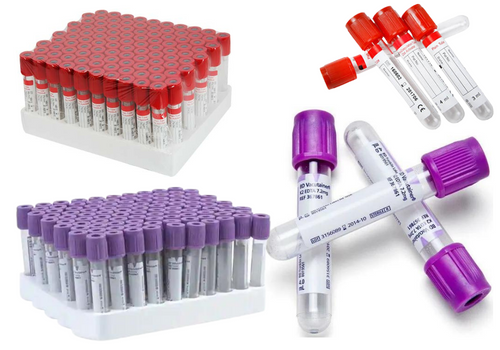
Blood Collection and Diagnostic
Blood collection refers to the process of taking a sample of blood from an individual, which is then used for diagnostic testing. This process is typically performed by a healthcare professional, such as a nurse or phlebotomist, who will use a sterile needle to puncture a vein in the individual’s arm and collect a small amount of blood.
After the blood has been collected, it is transported to a laboratory where it will undergo a series of diagnostic tests. These tests can include measuring various blood components, such as red blood cells, white blood cells, and platelets, as well as assessing the levels of different chemicals and enzymes in the blood.
Diagnostic labeling refers to the process of labeling the blood samples with a specific identifier, which is used to track the sample throughout the testing process. This labeling is typically done using a barcode or other unique identifier, which is linked to the individual’s medical record and test results.
By collecting and labeling blood samples for diagnostic testing, healthcare professionals can gain valuable insights into an individual’s health and identify potential medical issues. This information can then be used to inform treatment decisions and improve patient outcomes.
We at Kira Corporation use high-quality paper & color materials to maintain international quality Blood collection and Diagnostic labeling and stickers.
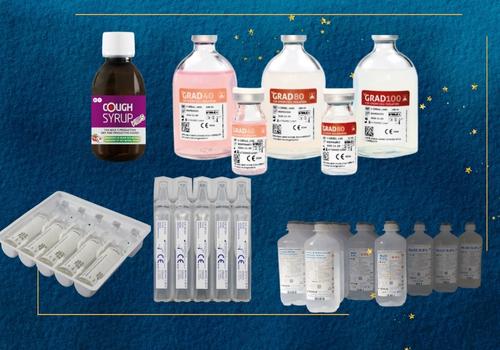
Pharmaceuticals Industry
Pharmaceutical industry labeling refers to the process of creating labels for pharmaceutical products that comply with regulatory requirements and provide clear and accurate information to patients, healthcare professionals, and regulators. These labels typically include information such as the name and strength of the medication, dosage instructions, warnings, contraindications, side effects, and expiration dates.
In India, pharmaceutical labeling is regulated by the Food and Drug Department, which sets specific requirements for the content and format of drug labels. These regulations aim to ensure that drug labels provide clear and accurate information to patients and healthcare professionals and that they comply with laws related to safety and efficacy.
At Kira Corporation we help In addition to regulatory compliance, pharmaceutical companies also consider branding and marketing when designing labels for their products. Effective labeling can help to differentiate a product from its competitors, communicate its value proposition, and promote patient adherence to treatment regimens.

Chemical Industry
Chemical industry labeling refers to the practice of identifying and providing information about chemicals used in various applications. It involves the use of labels and symbols that provide essential information such as product name, manufacturer, composition, hazards, safety precautions, and disposal instructions.
The labeling of chemicals in the industry is governed by regulations such as the Globally Harmonized System of Classification and Labeling of Chemicals (GHS) and the Occupational Safety and Health Administration (OSHA) Hazard Communication Standard.
At Kira Corporation our goal is to insure all guidelines and make high-quality labels and stickers that are durable, legible, and prominently displayed on containers, tanks, and packaging of Chemicals with clear and consistent communication of hazards associated with chemicals and hazard pictograms, signal words, hazard statements, and precautionary statements that are standardized across different countries.
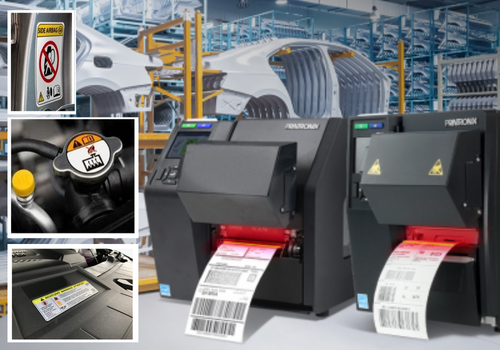
Automobile Industry
The automobile industry labeling refers to the labeling of different parts and components of a vehicle for identification and informational purposes. These labels provide important information about the specifications, features, and safety guidelines related to the vehicle.
We manufacture all kinds of automobile industry labels Some include:
VIN (Vehicle Identification Number): A unique 17-digit code assigned to every vehicle for identification purposes.
Tire labels: These labels provide information about the tire size, load rating, speed rating, and recommended tire pressure.
Warning labels: These labels warn the driver and passengers about potential hazards and risks associated with the vehicle, such as airbag warnings, hot surface warnings, and fuel tank warnings.
Emissions labels: These labels provide information about the vehicle’s emissions and compliance with environmental regulations.
Fuel economy labels: These labels provide information about the vehicle’s fuel efficiency, annual fuel cost, and greenhouse gas emissions.
Maintenance labels: These labels provide information about the recommended maintenance schedule, service intervals, and fluid specifications.
Overall, the labeling in the automobile industry plays a crucial role in ensuring the safety, compliance, and efficiency of vehicles.
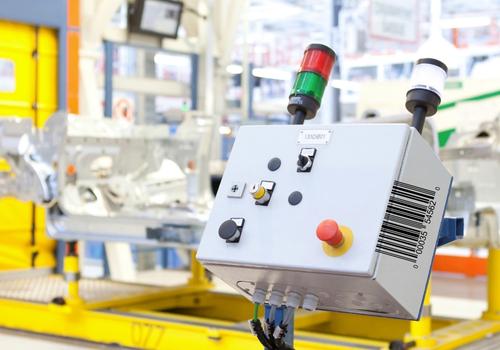
Engineering & Manufacturing Industry
Labelling plays an important role in the Engineering and Manufacturing industry. It provides essential information about the product, its composition, specifications, and safety instructions. The labelling of engineering and manufacturing products must comply with regulations and standards established by different governing bodies to ensure that the product is safe for use and that it meets the requirements of the industry.
In the Engineering and Manufacturing industry, labelling may take many forms, including identification labels, warning labels, and instruction labels. These labels can be made from various materials such as vinyl, polyester, and polycarbonate. They can also be customized to suit the specific requirements of the industry.
Identification labels are used to identify the product, including its brand name, model number, and serial number. These labels may also include barcodes and other tracking information.
Warning labels provide safety information to users, including hazard warnings, safety instructions, and cautionary statements. These labels must comply with safety standards set by the industry and the government.
Instruction labels provide information on how to use the product safely and efficiently. They may include assembly instructions, maintenance instructions, and operating instructions.
Our goal is to manufacture and produce labels that help create a brand of your products and safety and were originally produced with labels.
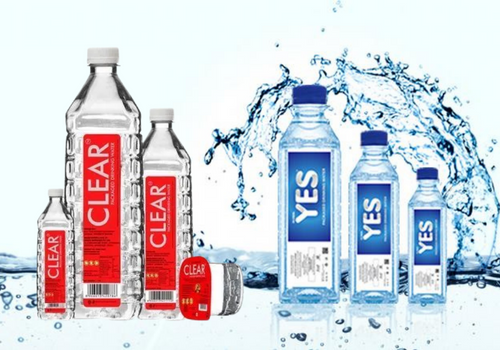
Water Bottle Industry
At Kira Corporation we manufacture water bottle labels, stickers, and barcode label for the water bottle industry typically includes the following information:
Barcode number: This is a unique identification number that is scanned at the point of sale. Brand name: The name of the company that produces the water bottle. Product name: The specific name of the water bottle. Size: The size of the water bottle in ounces or milliliters. Ingredients: The list of ingredients used to produce the water bottle. Nutritional information: This includes information on the number of calories, carbohydrates, sugar, and other nutritional values. Production date: The date the water bottle was manufactured. Expiration date: The date after which the water bottle is no longer safe for consumption. Country of origin: The country where the water bottle was produced. Batch number: The unique identification number assigned to a particular batch of water bottles. Barcodes: The barcode number is often accompanied by additional barcodes such as a UPC (Universal Product Code), which can be scanned at the point of sale.
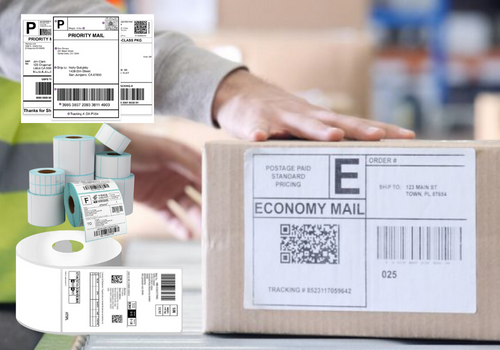
Courier & Logistics Industry
Barcode labels are widely used in the courier and logistics industry to improve the efficiency and accuracy of tracking and managing packages and shipments. These labels contain information such as a unique identification number, sender and receiver information, package weight, destination, and other relevant details.
The barcode on the label allows for quick and easy scanning, which provides real-time updates on the location and status of the package. This information can be accessed by both the sender and the receiver, as well as by the logistics company and any other parties involved in the transportation process.
At Kira Corporation barcode labels can also be customized to include specific information or branding for the courier company. This helps to improve brand recognition and can make it easier for customers to identify packages from a specific courier.
Overall, barcode labels are an essential tool for the courier and logistics industry, helping to streamline operations, reduce errors, and provide better service to customers.
